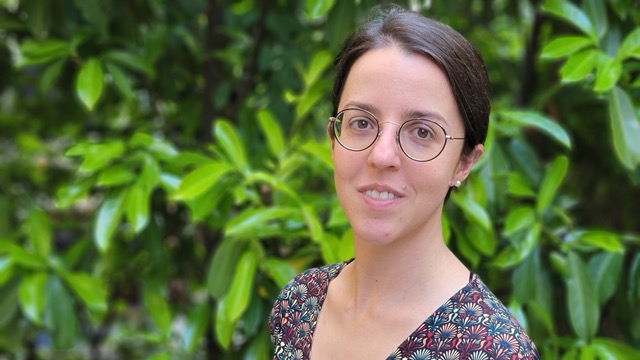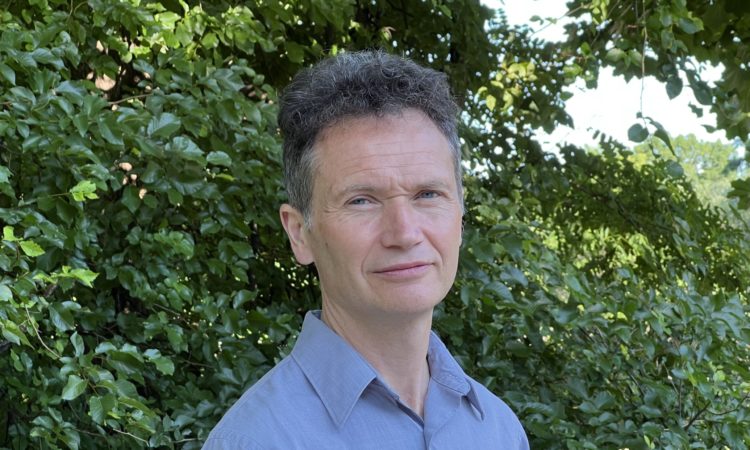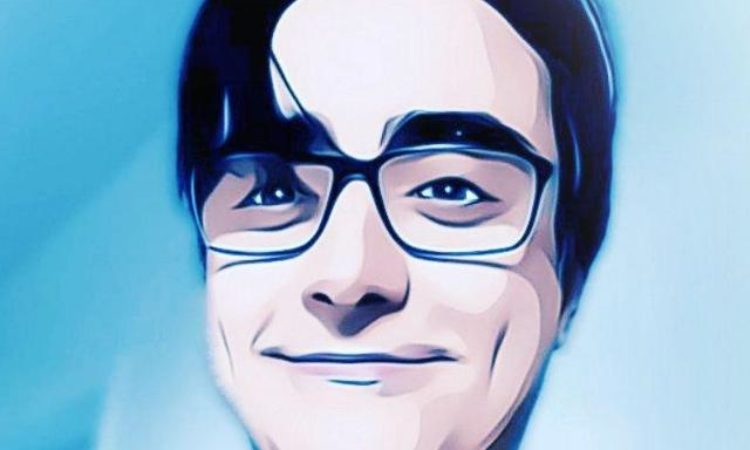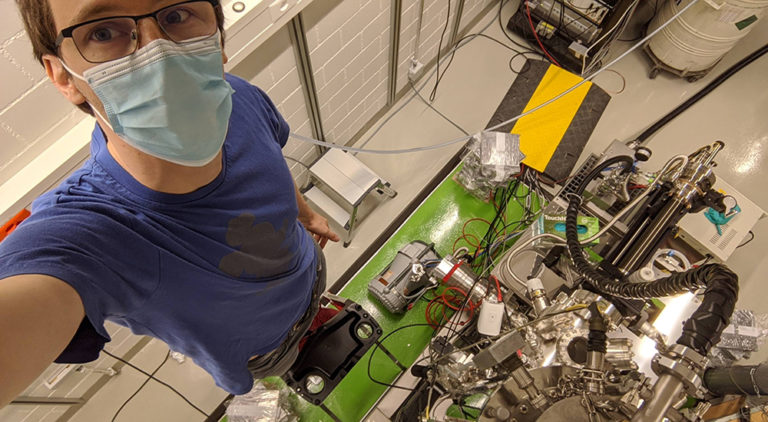Talk with Dr. Aline Ramires, Scientist Ambizione, PSI

What has been your main research activity and your most interesting scientific findings over the last few years ?
The main research activity in my group has been on the theory of unconventional superconductivity in complex quantum materials. Our work is strongly inspired by recent experimental developments, mainly the ones highlighting unexpected or apparently contradicting phenomena ! In this context, we have identified superconducting “fitness” measures, which allows us to propose guidelines to stabilize or enhance interesting superconducting phases. Remarkably, these measures also indicate the origin of unusual properties of some complex superconductors. With this framework at hand, we were able to propose how to realistically stabilize a chiral superconducting state in strontium ruthenate, how to understand the robustness of nodal topological superconductors against disorder, and how to generate multiple superconducting phases as a function of magnetic field in heavy fermion systems. I find fascinating how seemingly distinct unusual phenomena can be theoretically tracked down to a simple algebraic form. The most exciting and recent scientific finding is that these measures also appear in the context of driven-dissipative systems and might help us tailor driving protocols to enhance superconductivity !
What do you like most about your research today ?
What I am mostly enjoying in my current research is seeing how recent experimental developments keep bringing us surprises and opportunities ! The discovery of multiple new superconducting materials with unusual properties keeps pressing us theorists to rethink our understanding of the general phenomenology of superconductors and break some dogmas. Also, it is fascinating to see how superconductivity has been in the spotlight for the development of new quantum technologies. Following what could already be achieved with simple elemental materials in the context of quantum computation, I am inspired to think about how we can use the functionalities of more complex quantum materials as basis for the next generation of quantum technologies!
What research perspective do you see for the next 10 years ?
In the next ten years, I see research in condensed matter still flourishing. Our colleagues working on experiments are likely to keep surprising us with unexpected discoveries ! On the theoretical side, I am most excited about connections to other areas of physics, such as quantum information and computational techniques based on machine learning. These fields are already developing, and applications to condensed matter have been proposed, but I believe one can gain much more understanding from the new perspectives and languages these new areas can introduce to condensed matter theory. Most importantly, these can be key to bring us insights into strongly correlated systems, critical electronic matter, and non-Fermi liquid behaviour, which are still challenging to address, even computationally. I believe we can find more ingenious ways to parametrize quantum states and think about fractionalization in condensed matter from a more structured cross-talk with these fields.
What do you like to do when you aren’t working on research ?
When I am not working on research, I mostly spend time with my son, who is almost three years old. Soon it is summertime, and when the weather is nice on the weekends, we head early to one of the public “badis” in Zurich. Spending time outdoors is refreshing, and these outings usually allow me to catch up with a good book ! I also enjoy social dancing, particularly Argentine tango, which I have practiced for over ten years.



